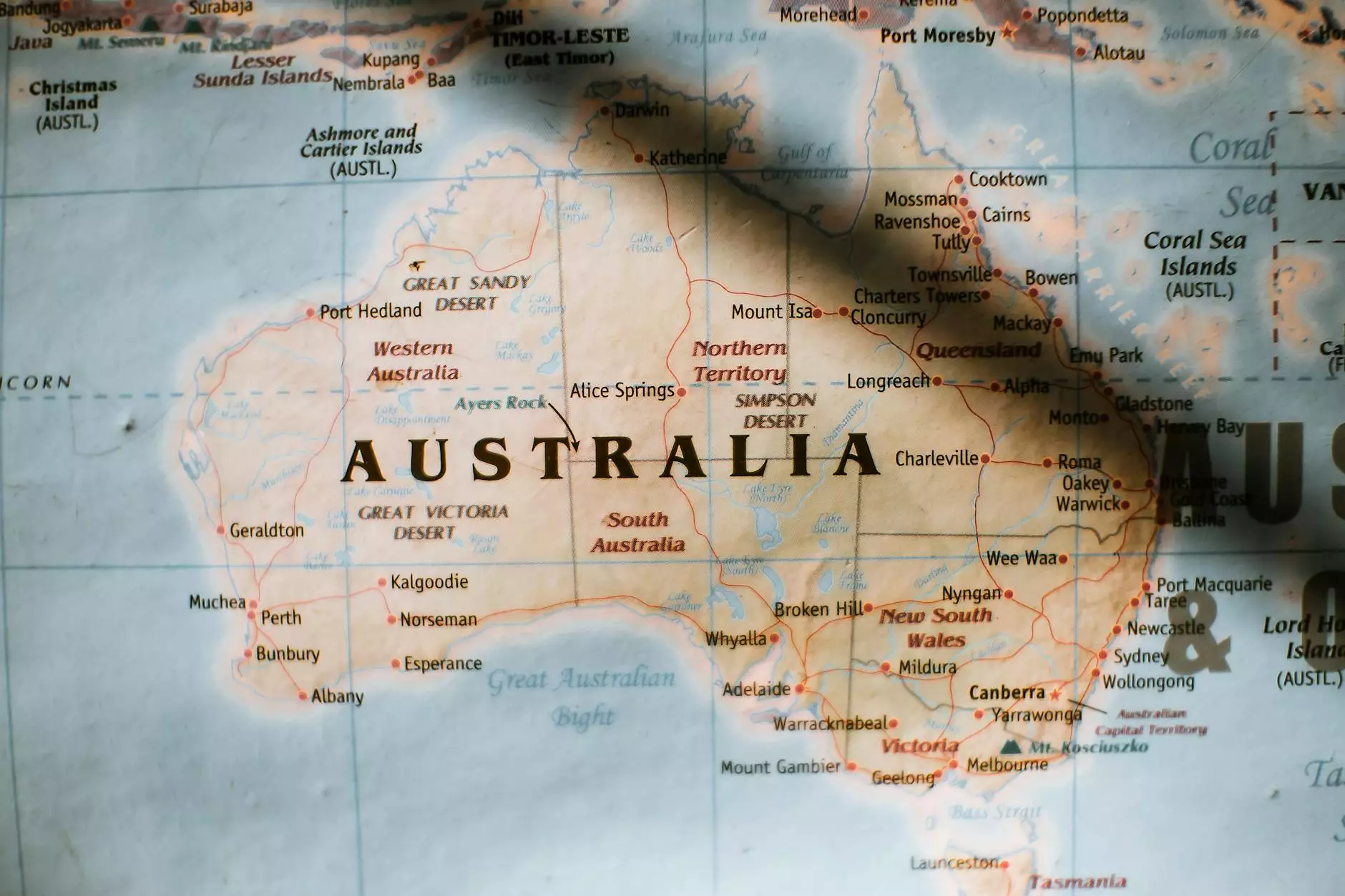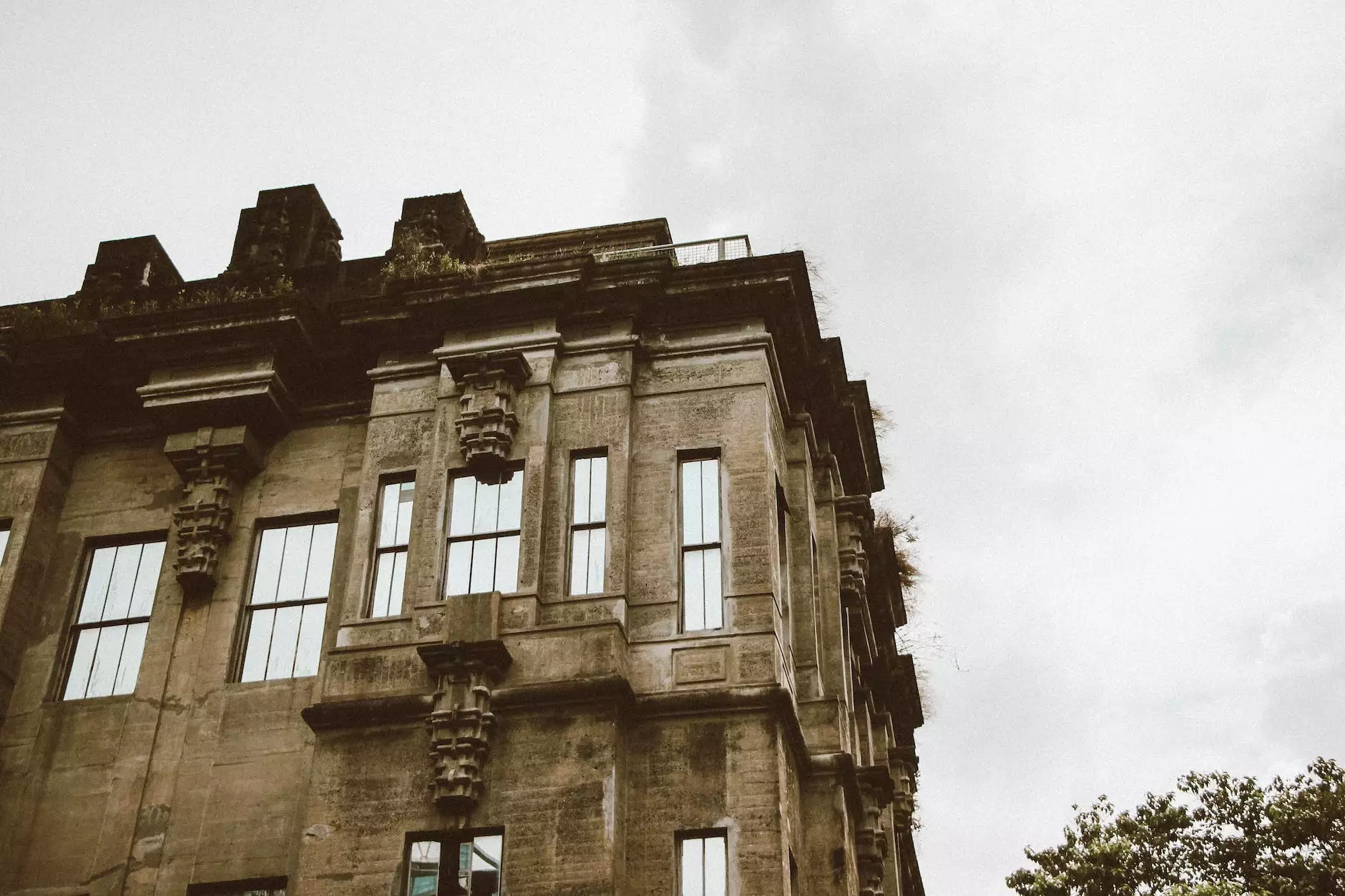What Is A Housing Bubble? - First Team Real Estate

Introduction
Welcome to Hotline Realty, your trusted source for all things real estate. In this article, we will delve deep into the topic of housing bubbles and provide you with a comprehensive understanding of what they are, their causes, and their potential impact on the real estate market.
Understanding Housing Bubbles
A housing bubble refers to a rapid increase in housing prices, often followed by a sharp decline, leading to a collapse in the real estate market. It is characterized by inflated property values that are not supported by the fundamentals of supply and demand.
Causes of Housing Bubbles
Multiple factors contribute to the formation of housing bubbles. Some of the key factors include:
- Economic Speculation: Speculative investments driven by expectations of significant future price appreciation can contribute to the creation of a housing bubble. Investors buy properties with the sole intention of selling them quickly for a profit.
- Easy Credit: Loose lending practices and low-interest rates can fuel demand for housing, leading to an increase in prices. When credit is readily available, individuals can obtain mortgages more easily, increasing their purchasing power.
- Overbuilding: A rapid increase in the construction of new housing units can create an oversupply, which can push down prices and lead to a bubble burst.
- Market Psychology: Investor sentiment and market psychology play a significant role in housing bubbles. FOMO (fear of missing out) and irrational exuberance can drive up demand for properties, fueling price escalation.
Signs of a Housing Bubble
Recognizing the signs of a housing bubble is crucial for potential home buyers, sellers, and investors. Some indicators of a housing bubble include:
- Rapid Price Appreciation: When property prices rise sharply within a short period, it could be an indication of a housing bubble.
- Speculative Investments: An increasing number of speculative investments in real estate, particularly by non-professional investors, might signify an unsustainable trend.
- Increased Debt: High levels of household debt accumulated due to easy credit availability may contribute to building a housing bubble.
- Unrealistic Rental Yields: When rental income fails to justify the purchase price of properties, it could be an alarming sign.
The Impact of Housing Bubbles
Housing bubbles can have far-reaching consequences on both individuals and economies as a whole. Understanding their impact is vital for making informed decisions in the real estate market.
Effects on Homeowners
During a housing bubble, homeowners may experience:
- Negative Equity: Property values can plummet, causing homeowners to owe more on their mortgages than their homes are worth.
- Foreclosures: In severe cases, homeowners may face foreclosure as they are unable to meet their mortgage obligations.
- Stagnant Market: Once a bubble bursts, the market may remain stagnant for a significant period, making it challenging for homeowners to sell their properties.
Impact on the Economy
The bursting of a housing bubble can have severe economic consequences:
- Financial Instability: When housing prices decline rapidly, financial institutions that have extended loans or invested heavily in the real estate sector may face significant risks.
- Unemployment: A collapse in the real estate market can lead to job losses in construction and related industries, contributing to higher unemployment rates.
- Economic Recession: Housing bubbles can trigger broader economic recessions due to the interconnections of the real estate sector with other sectors of the economy.
Conclusion
In conclusion, understanding housing bubbles is crucial for anyone involved in the real estate market. Hotline Realty aims to provide you with the knowledge and insights needed to navigate this dynamic industry. Stay informed, be vigilant, and rely on our expertise to make sound decisions in the ever-changing world of real estate.









